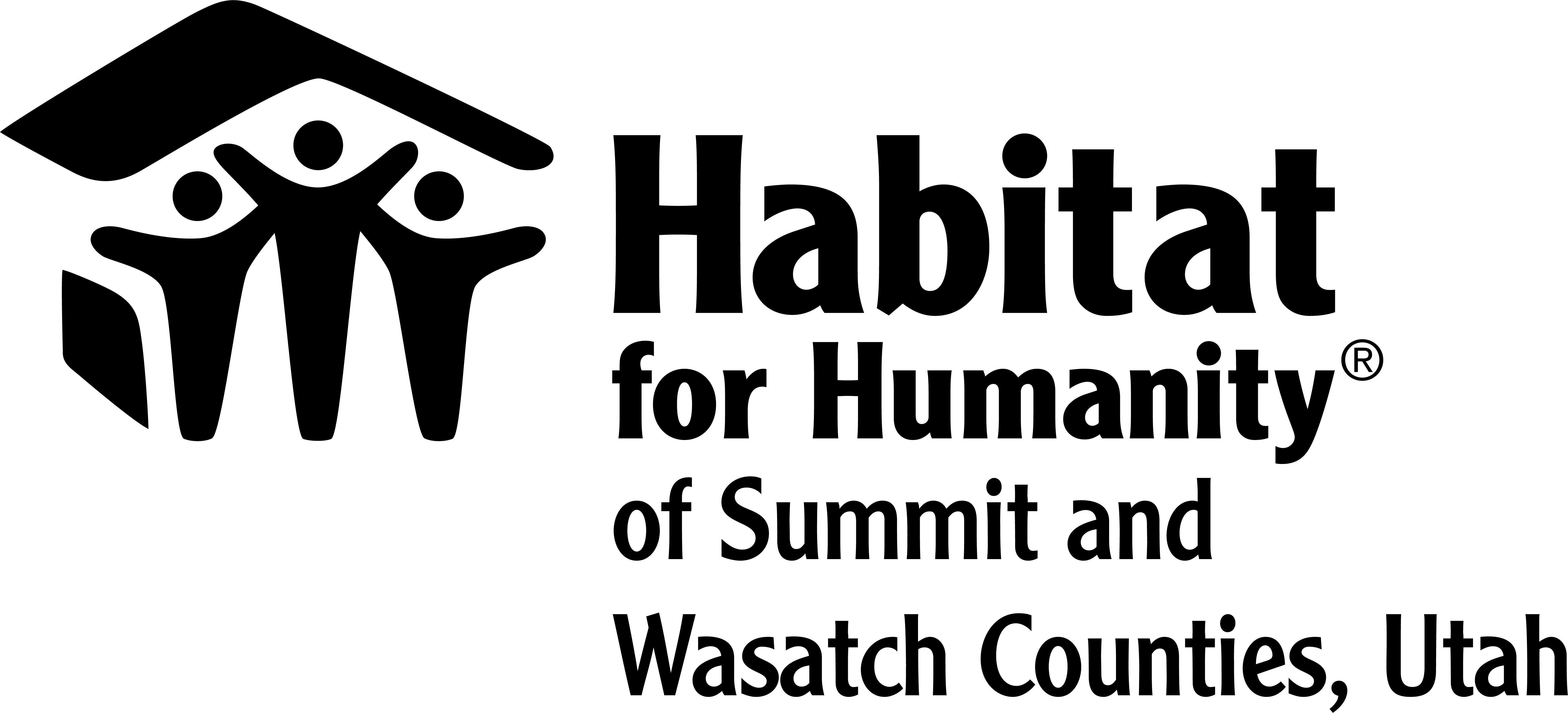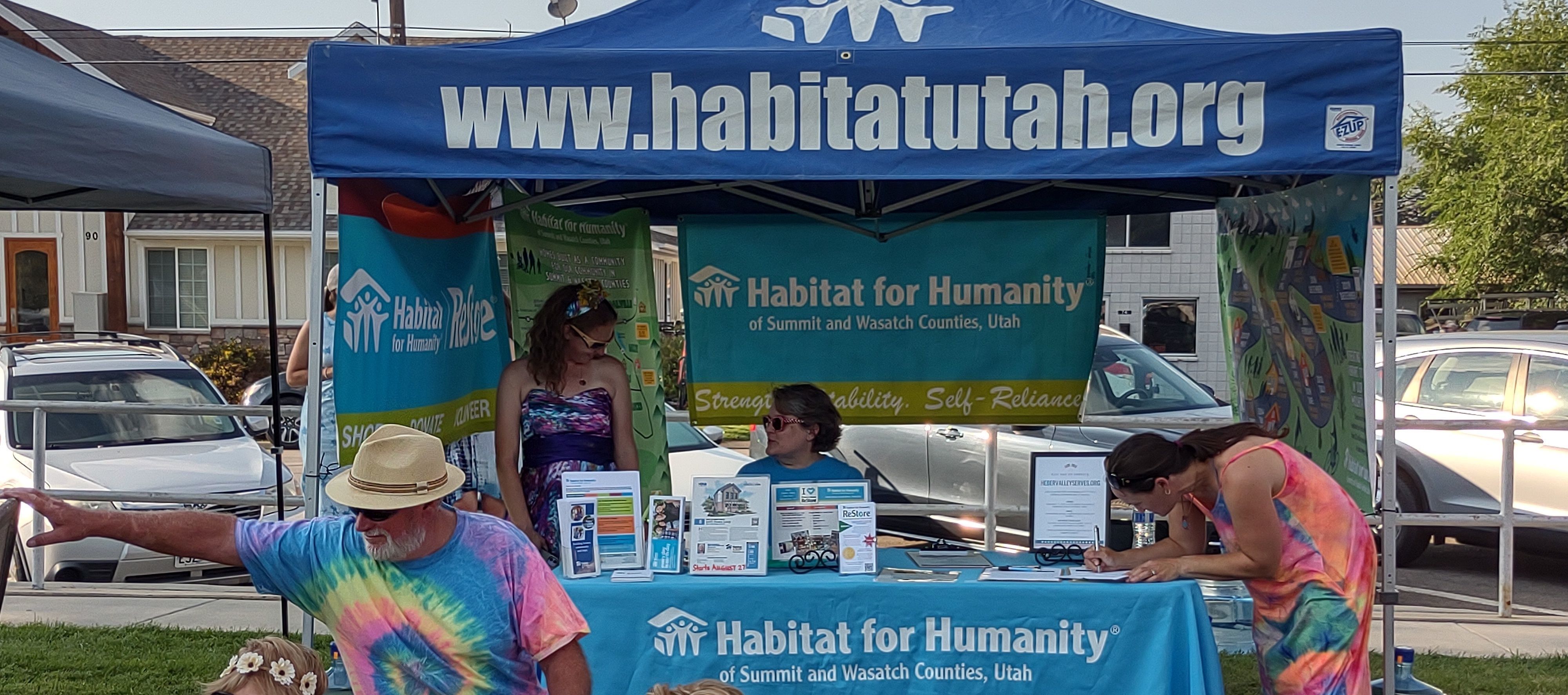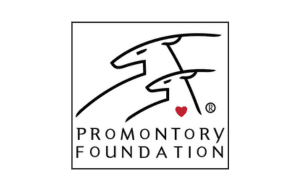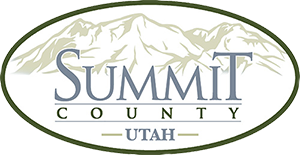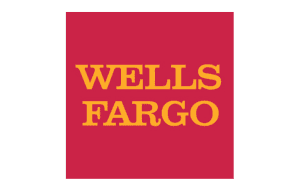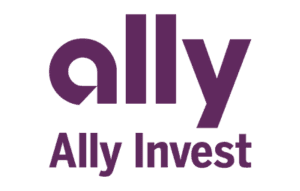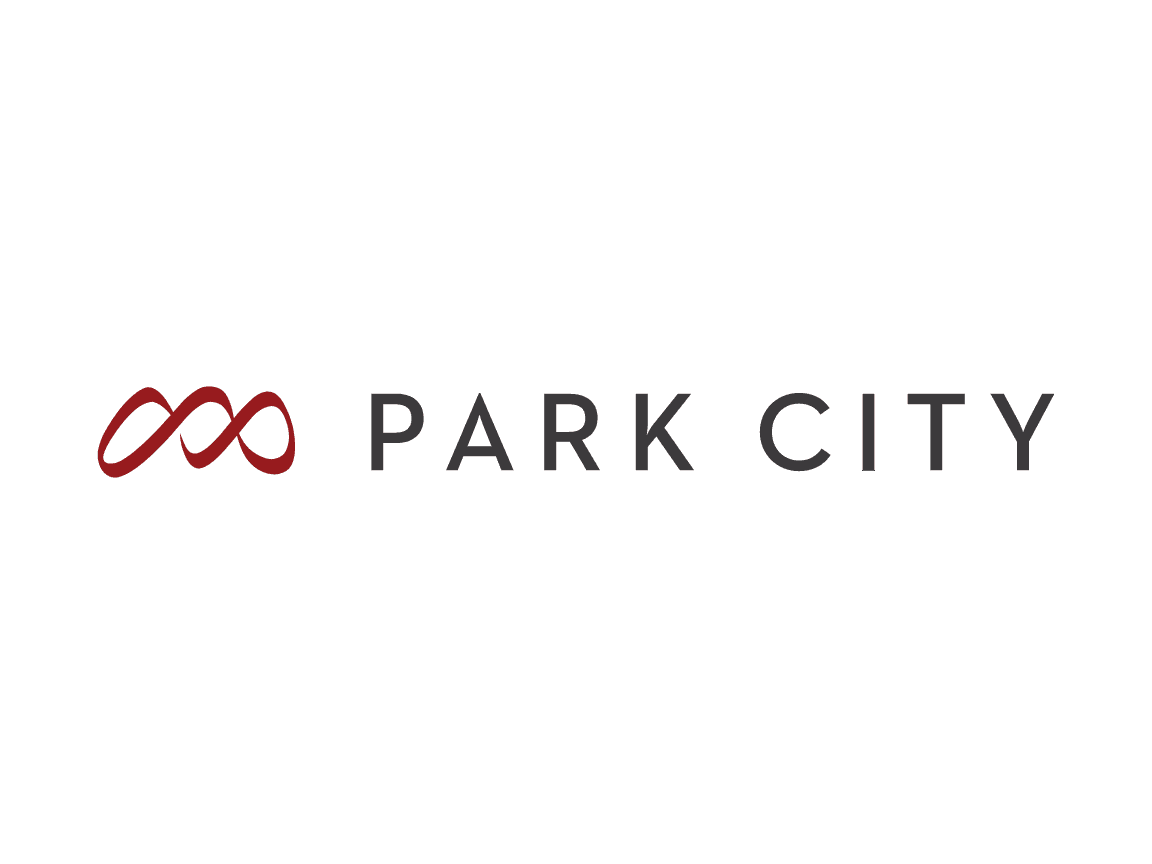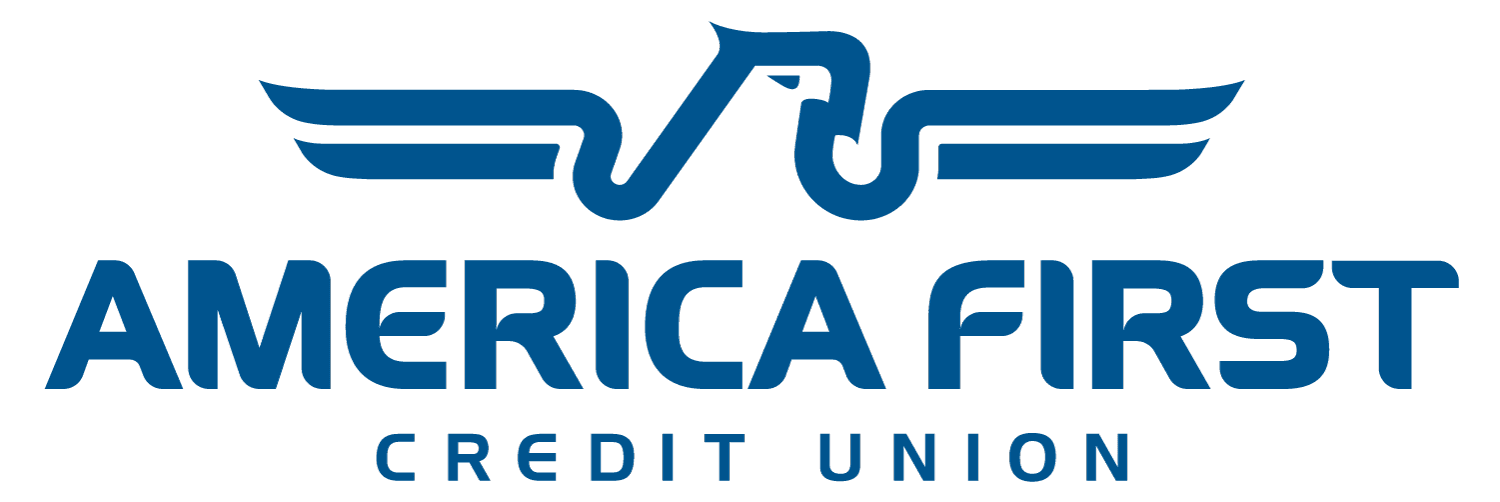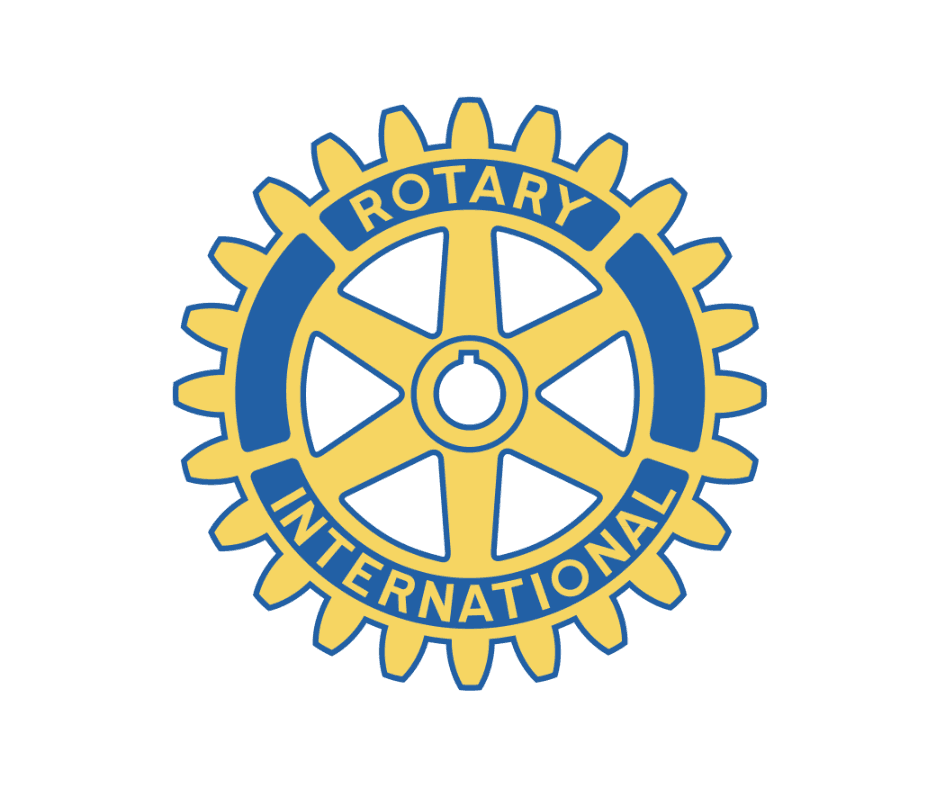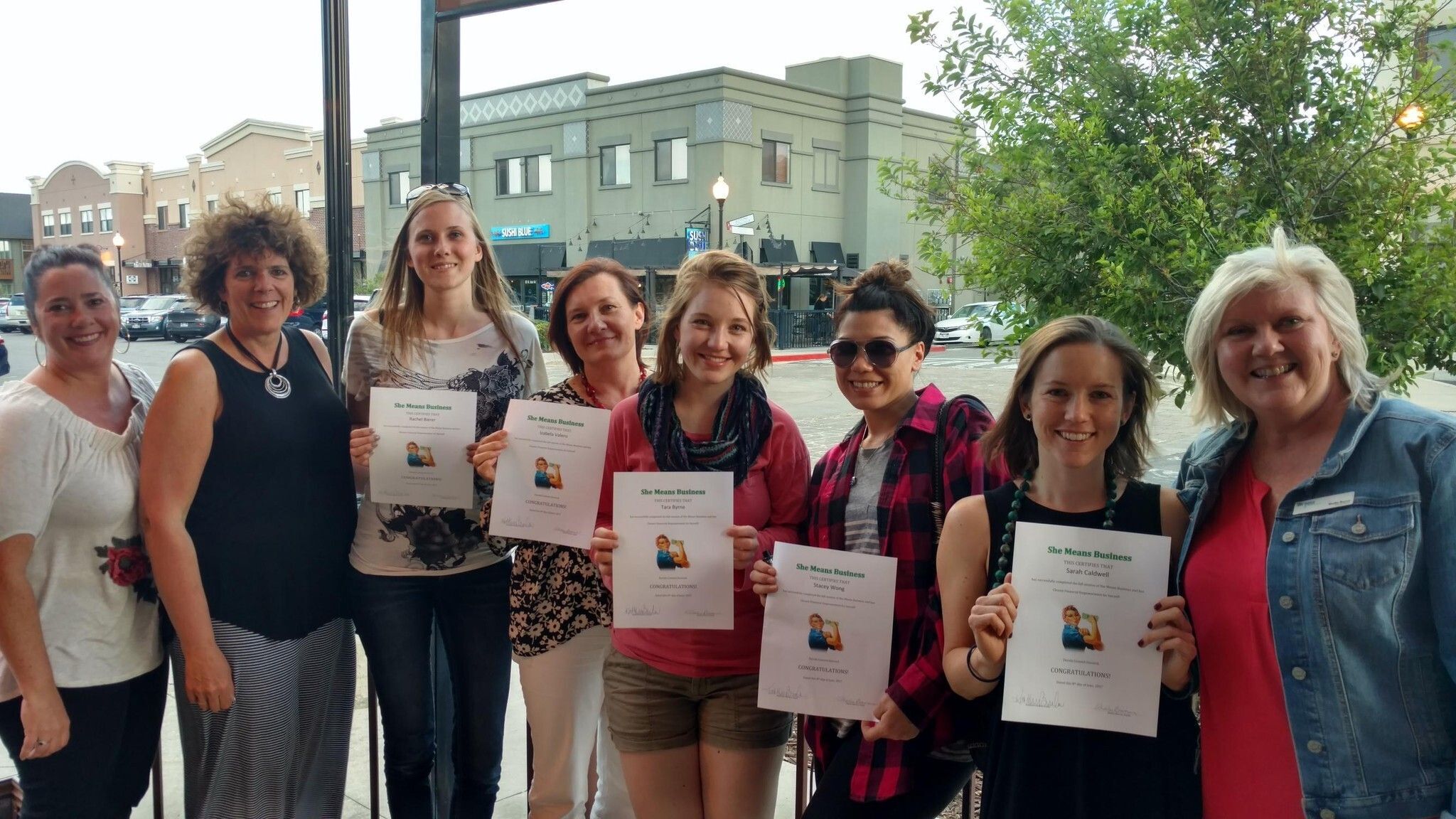
When we supply women with financial literacy, mentorship and practical skills, we enable families to improve their self-reliance and long-term stability. Habitat’s mission involves not only building the foundation of a home, but also a stronger foundation for a family’s future.
While financial literacy is now taught in Utah high schools, it hasn’t always been that way. And, in a recent study, Utah topped the list of states with the worst debt-to-income (DTI) ratio, meaning that for many of us, what we earn doesn’t keep up with what we owe. Reducing debt and increasing our financial understanding are skills we all benefit from.
Women can face added challenges when it comes to managing their finances. They may not have been taught financial education, or they could be coming out of a relationship where they weren’t involved in budgeting or finances. And that can affect their ability to secure, and stay in, affordable housing.
Women make up a large part of Habitat homeowners, as head of a single-parent household with kids. In preparation for homeownership, Habitat for Humanity teaches women financial education and practical skills training, which also increase confidence and establish a stronger community around them, where women can learn, share and grow.
Our executive director, Shellie Barrus, and administrative services manager, Meagan Nielsen, share how Habitat for Humanity empowers women in the community.
How Habitat Empowers Women to Become Homeowners
The road to helping women buy a home and creating better outcomes for their family starts with building important life skills. Chief among them in Habitat’s mission are self-reliance and stability.
Habitat works with women in various ways: in financial education courses, one-on-one during the homeowner selection process and even after they’ve moved into their home. Habitat staffers and volunteers share advice and connect women with folks who can help them achieve their goals. “We’re advocating for homeowners, but we’re really teaching them to advocate for themselves,” Nielsen says. “This helps them resolve current problems as well as navigate going forward in the long term.”
The results can be life-changing. Barrus shares the story of an attorney volunteer who sat down with a family who was self-employed and had medical debt. The attorney helped them refile their tax returns to get money back and shared financial advice on self-employment to guide their future financial decisions.
The Power of Sweat Equity
Families who qualify for Habitat’s homeownership program must contribute 200 hours per adult of time and labor to build their home and others, which we call “sweat equity.” Building a home empowers women by teaching them how to use tools and grow home-improvement skills, building confidence, relationships and community in the process.
“It’s fun when we have community volunteers and homeowners working side-by-side with each other. It allows that sort of community connection and community building that can be really important,” Barrus says. “All of a sudden, you’re working next to the CEO of a company or somebody in a totally different realm than you, and the playing field is level in that experience.”
A Financial Literacy Course for the Community
Habitat suggests that every woman who gets accepted into the homeowner program goes through the She Means Business financial education course to prepare themselves for homeownership. Taking the course also counts toward sweat equity hours.
But it’s not only homeowners who benefit from the hands-on learning this course provides. Anyone interested in improving their relationship with money can take the course. It’s geared toward all ages and income ranges.
Habitat introduced the four-week course in 2017, to fill a need for financial education classes in the Wasatch Back. The course is taught by skilled instructors, including Barrus, who are volunteer-based and local to the community. They teach financial basics in a safe space without judgment, meeting attendees where they are and helping them learn how to achieve their goals. “They’re there to really empower people to figure out what works best for them,” Nielsen says.
The course empowers women to think more aspirationally about their lives and financial goals, and it also enables generational knowledge of financial literacy, as moms teach their kids to budget and manage money. From eating out every day to cooking at home as a family and setting aside money for large purchases, these small financial changes can make a big difference in a family’s life, both today and in the future.
Learn More about Habitat’s Financial Literacy Programs
Looking for more financial stability? Planning to open a small business? Could you use some guidance to reach a financial goal? Sign up for one of Habitat’s education programs, which include free workshops open to all and our She Means Business course for women.
